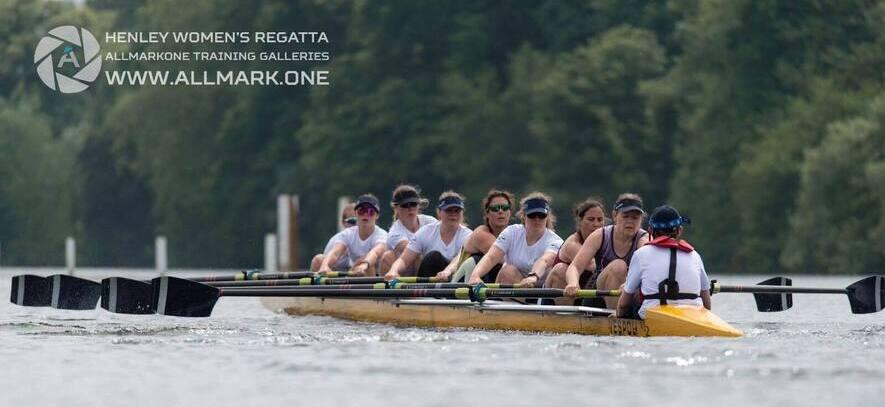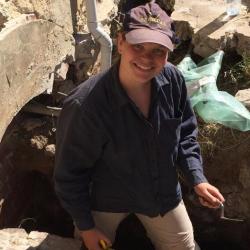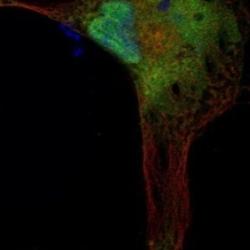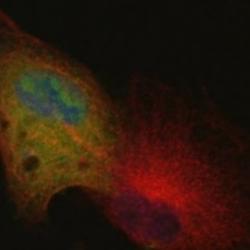
Emily Kempin, Departmental Safety Officer
What is your current role?
I am the Safety Officer, so I ensure that everyone in the department is up to date on the laws and regulations that surround health and safety at work and in labs. I induct all new starters to the department, provide advice on writing safety documents, such as risk assessments, and check that people are following all the measures in place to keep them safe.
When did you start with the department?
I started in the department in October 2021, as the Teaching Lab Technician and began my current role in March 2022.
How did you get interested in Genetics?
I first started thinking about genetics in high school, as I was fascinated by my family’s medical history, and loved working on punnet squares in biology! I was also obsessed with forensics and archaeology and realized I could combine the two. I decided to pursue it in university but focused mainly on medical genetics, keeping some of the bioarchaeology on the side.
What are you currently working on?
I currently have two projects I hope to complete in the department. The first is getting all our chemical stock onto ChemInventory. It’s important to have an inventory to keep track of amount of stock, easily find information on dangerous reagents and to search what chemicals we have access to. The second is trying to work with UIS to create a departmental Sharepoint. This will be a central location for groups to store their safety documents, making
it easier to keep track of reviews and training. The Sharepoint could also be used to replace the current intranet, allowing central university departments to automatically update important information.
What was a defining moment in your career thus far?
I think one of the coolest things I have ever done was take part in an excavation of a plague cemetery in Venice. It was on an island called Lazaretto Nuovo, where the idea of quarantining incoming ships was first developed. We were excavating the cemetery to understand the demographics of the people who were quarantined, giving insight in to the trade routes around Italy in the 15th century. It made me realise I love being hands on, doing research and answering questions about our way of life.
What advice would you give to other women in science or who are interested in Genetics?
Find out what you’re passionate about. Take the time to read and experiment with different areas and figure out what you enjoy researching. Science can be a frustrating field, but if you love your work it will be so much easier to get through the difficult times, and the results will be that much more rewarding.
What are your future goals?
I hope to eventually get a PhD in genetics. I haven’t decided what area yet and am constantly going back and forth between medical genetics and archaeogenetics. It depends if I indulge my love of history, bones and playing in the dirt, or pursue the more immediately helpful route of finding answers about rare diseases.



